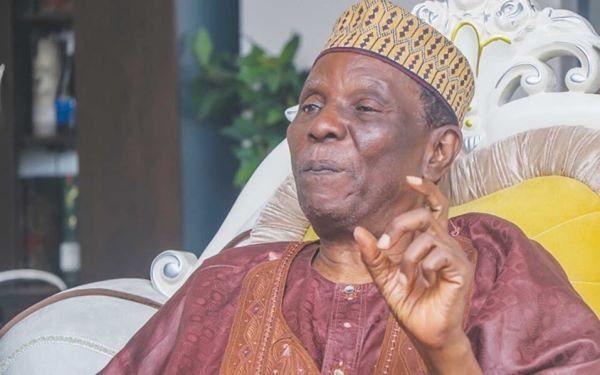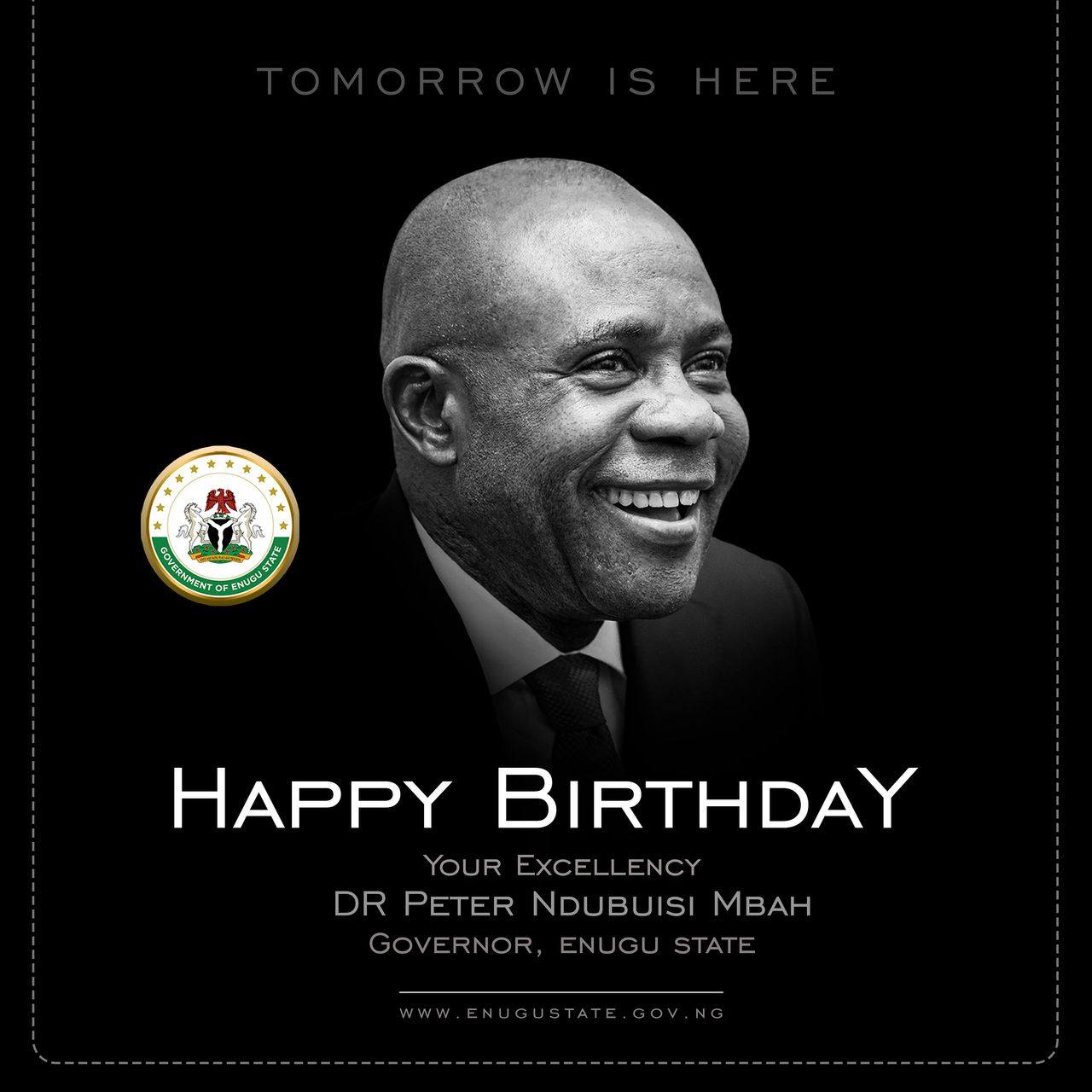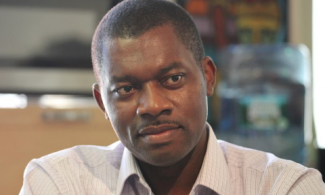This op-ed examines Nigeria’s long-standing battle against corruption and argues that the people’s famed resilience has now become an enabler of daily corrupt practices. With every citizen hustling to survive, is corruption now a culture we can no longer uproot?
Seventy-three years ago, the Northern House of Chiefs made history when it passed a motion, moved by the Emir of Gwandu, mandating all native authorities to fight the disturbing trend of corruption among public officials. Other parts of what later became Nigeria embraced the laudable motion.
Since then, successive political and military leaders have taken several steps to sustain the fight. Yet, the malaise refuses to go. General Yakubu Gowon’s Public Officer (Investigation of Assets) Decree of 1968 led to the forfeiture of corruptly acquired assets. The Murtala/Obasanjo regime sacked over 10,000 corrupt public servants. President Ibrahim Babangida added the Code of Conduct Tribunal to the Code of Conduct Bureau in 1989.
General Sani Abacha established the Advance Fee Fraud and Other Related Offences Decree No. 13 of 1995 and the Failed Banks Tribunal. President Olusegun Obasanjo institutionalised the fight by creating the ICPC and EFCC. Yet corruption remains Nigeria’s number one enemy. While many expected much from President Muhammadu Buhari, his party—the APC—shielded many defecting politicians from prosecution. These defections have now become an accepted part of our political system.
“Everyone is now hustling to survive under the guise of endurance. That is the new face of corruption in Nigeria.”
One would have thought that the cankerworm of corruption would be history by now, considering the decades of combat against it. But one key error in the strategy may lie in the role of the police—Nigeria’s most distrusted law enforcement body. Although EFCC was established to take the fight outside the police, most of its former heads—except the current one, Ola Olukoyede—have been police officers.
Endurance or Enabler? The Dangerous Side of ‘Resilience’
That was not all. EFCC leaders also adopted police procedures, blunting the edge of a supposedly new institution. Despite some reforms under Olukoyede, many Nigerians believe that EFCC is still used to fight political enemies. At the same time, PDP and APC members appear untouchable where corruption is concerned. At one point, federal lawmakers even attempted to amend anti-corruption laws to grant themselves immunity.
Recent studies suggest that while these problems persist, corruption has evolved into a more elusive and deeply ingrained phenomenon. The famed resilience of the Nigerian people may now be helping corruption thrive. Nigerians have developed coping skills so strong that they now endure anything, but this endurance is not always noble.
Some years ago, a publication claimed Nigeria, despite her challenges, housed the happiest people on earth. But today, that cheerfulness seems to mask a grim reality: people now cheat, not just out of desperation, but as a way of life. The endless display of unexplained wealth provokes even honest neighbours to take shortcuts.
“Why are some people enjoying solar light in the middle of the tunnel?”
The fuel subsidy removal and the floating of the naira hit Nigerians hard. While the President promises that “there is light at the end of the tunnel,” some are enjoying solar light in the middle of the tunnel. This kind of disparity breeds distrust in public policy.
Where exactly is “the heaven” where the reward of dutiful Nigerian teachers is stored? As they suffer in poverty, their former students bask in affluence. Meanwhile, people preach against selling handouts or engaging in admission racketeering. If we launch a corruption war in the education sector, will the battle not be lost before it begins?
A Society Built on Hustle and Hypocrisy
Today, everyone is hustling to survive. Judges deliver paid-for judgments. Journalists publish only what is funded. Churches reserve front seats for wealthy latecomers. Even comedians joke about police checkpoints being located right in front of stations—because their vehicles have no fuel and to show citizens that the bribery is officially sanctioned.
Government must stop contributing to inflation. Increases in passport fees, airport tolls, and ground rent may raise revenue, but they burden citizens who must, in turn, increase their own service prices. When government becomes a catalyst for inflation, it indirectly promotes corruption.
“Government should not be a catalyst for inflation because that could drive people into negative behaviours just to survive.”
There is no service in Nigeria today untouched by corruption. The myth that only the public sector is corrupt has been shattered. Bank chief executives have grown into billionaires before our eyes—through insider abuses and round-tripping—and are now being honoured in society as if we didn’t know them yesterday.
Corruption is not limited to the top. Try entering a local government office without tipping the gateman. That’s why the real battle should begin with ethical reorientation before chasing hardened criminals.
Normalising Corruption Is the Real Tragedy
It’s herculean to fight corruption in a society where nearly everyone is involved or where corrupt people are celebrated. Retirees live in misery, so serving officers scramble to secure their future through shady means. Fake EFCC operatives are on the rise, collecting bribes in the name of the agency.
Just last week, the Kano Zonal Office of the EFCC secured the conviction of two fake investigators using forged EFCC ID cards to extort people. There are many more like them. Everyone is now “hustling to survive under the guise of endurance.” That is the new face of corruption in Nigeria.
The opinions expressed in this article are strictly those of the author and do not necessarily align with the views of JolibaLive News! or any of its staff members. The author is in no way associated with this online news blog.
About the Author: Tonnie Iredia is a seasoned journalist and a former Director-General of Nigeria Television Authority (NTA).
Rate, Like 👍, Comment💬, share this article, Follow us on our social media handles, and Submit your own story to get featured and earn rewards!







